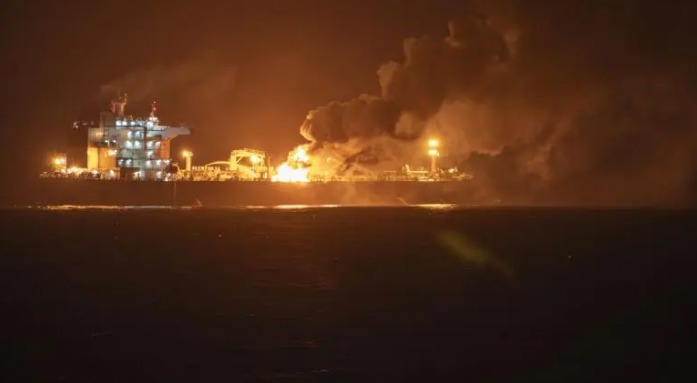Disruptions to maritime traffic are worsening in the Red Sea and are expected to reduce carrier capacities on routes between the Far East and Europe by around 15 to 20% during the second quarter of 2024, it said today. world amateur Maersk.
The Danish group indicates in a press release addressed to its customers: “The risk zone has widened and the attacks are extending out to sea. This situation has forced our ships to extend their journey, which is currently causing additional delays and costs to transport your cargo to its destination.”
Since December, Houthi attacks in the Red Sea have forced Maersk and other shipping companies to divert their ships to the Cape of Good Hope (Read: Are Red Sea attacks threatening supply chains ?). Maersk estimates that shipping disruptions caused by the Red Sea attacks are expected to last at least until the end of the year.
The maritime group revealed financial results for the first quarter of 2024 at the beginning of May, up compared to the last quarter of 2024 but down on an annual basis. At $12.35 billion, turnover shows an annual decline of 13% while net income falls to $208 million compared to $2.3 billion in the 1st quarter of 2024. Despite numerous risks for supply chains, demand of containers increased between 7 and 9% year-on-year, with a positive contribution from all importing regions. But average freight rates decreased by 18% to $2,368 year-on-year ($2,871) but increased compared to the last quarter of 2023 ($1,925). Operating costs rose 7% partly due to the diversion of ships through the Cape of Good Hope.





